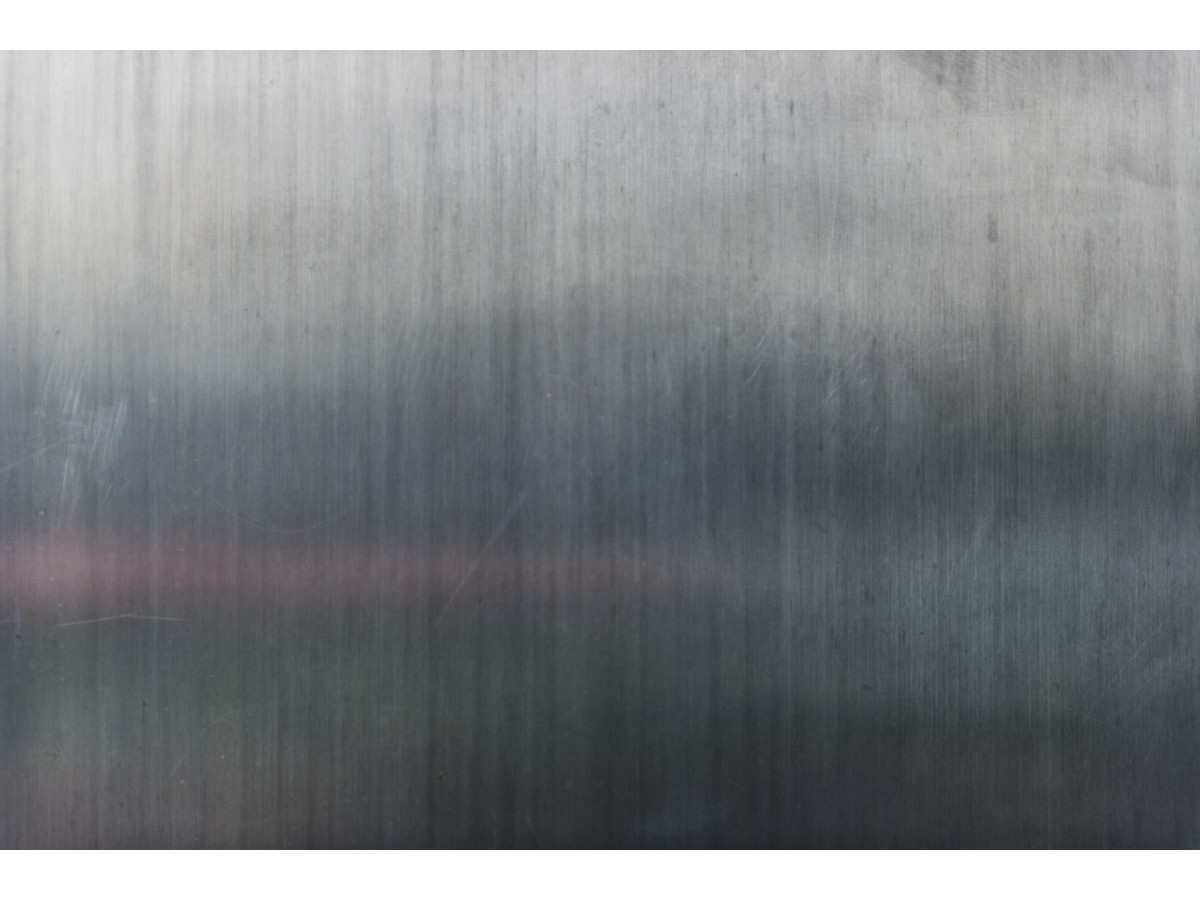Aluminum sheets are a versatile material actively used in various fields, from construction to household appliance manufacturing. However, many myths have developed around this material that can influence material selection for different purposes. Let's explore which of these are true and which are merely misconceptions.
Myth 1: Aluminum is a toxic metal
Fact: Aluminum is one of the most widely used and abundant elements on Earth. It is found in soil, water, and even in the human body. In its pure form and in alloys, aluminum is not toxic to humans. While prolonged contact with skin or ingestion in large quantities can lead to health issues, modern technologies allow for the creation of safe aluminum products that do not pose a health threat.
Myth 2: Aluminum is prone to corrosion
Fact: Aluminum has excellent corrosion resistance due to the formation of an oxide layer on its surface. This coating protects it from moisture, oxygen, and other aggressive environments. However, it is important to remember that aluminum can react with certain substances, such as alkalis and strong acids. Therefore, when selecting aluminum products for specific conditions, their compatibility with surrounding materials should be considered.
Myth 3: Minimal strength
Fact: The strength of aluminum depends on its grade and alloying additives. Some aluminum alloys can be as strong as steel. Additionally, aluminum possesses excellent plasticity, allowing for the creation of complex shapes. Its lightweight and strength make it widely used in the aerospace and automotive industries.
Myth 4: Aluminum cannot be welded
Fact: Aluminum can be welded using various methods, including TIG (Tungsten Inert Gas) welding and MIG (Metal Inert Gas) welding. However, welding aluminum requires specific skills and adherence to special techniques. Improperly performed welds can compromise the strength of the product.
Myth 5: Aluminum products are expensive
Fact: The cost of aluminum products depends on various factors, including sheet thickness, grade, processing complexity, and order volume. In some cases, aluminum can even be cheaper than steel or other metals. Additionally, due to its durability and lightweight nature, aluminum is an economically advantageous material in the long run.
Why Choose Aluminum Sheets?
- Lightweight: The metal is significantly lighter than steel, making transportation and installation easier.
- Corrosion resistance: Aluminum does not rust and retains its appearance over time.
- Plasticity: Aluminum is easy to process, allowing for the creation of products in any shape.
- Eco-friendliness: Aluminum is one of the most easily recyclable materials.
- Durability: Aluminum products last a long time and do not require frequent repairs.
Applications of Aluminum Sheets
Aluminum sheets are popular in various industries:
- Construction: Used for facade cladding, giving buildings a modern look and protecting against external influences. It is also used in roofing systems due to its lightweight and corrosion resistance. In window structures, aluminum provides strength, durability, and good thermal and sound insulation. Internal aluminum partitions help effectively zone spaces.
- Automotive: Aluminum sheets are used in manufacturing vehicle bodies, significantly reducing weight and improving fuel efficiency. Additionally, aluminum is applied in interior and exterior parts, such as door panels and trims, giving cars a modern style.
- Aviation: Aluminum sheets are a primary material for aircraft skin and other flying vehicles. Their lightweight and strength are critical for ensuring high flight efficiency and safety.
- Packaging: Aluminum sheets are used to produce containers and packaging that provide reliable storage and transport for food products. They protect food from external factors and do not affect its taste or quality.
- Furniture: Used in the manufacture of case goods, including frames and facades. Its use allows for the creation of stylish and durable products. Aluminum elements are also used in decor, giving furniture a modern and attractive appearance.
With the correct choice of aluminum grade and adherence to production technologies, it is possible to achieve strong, durable, and aesthetically pleasing products.

